-
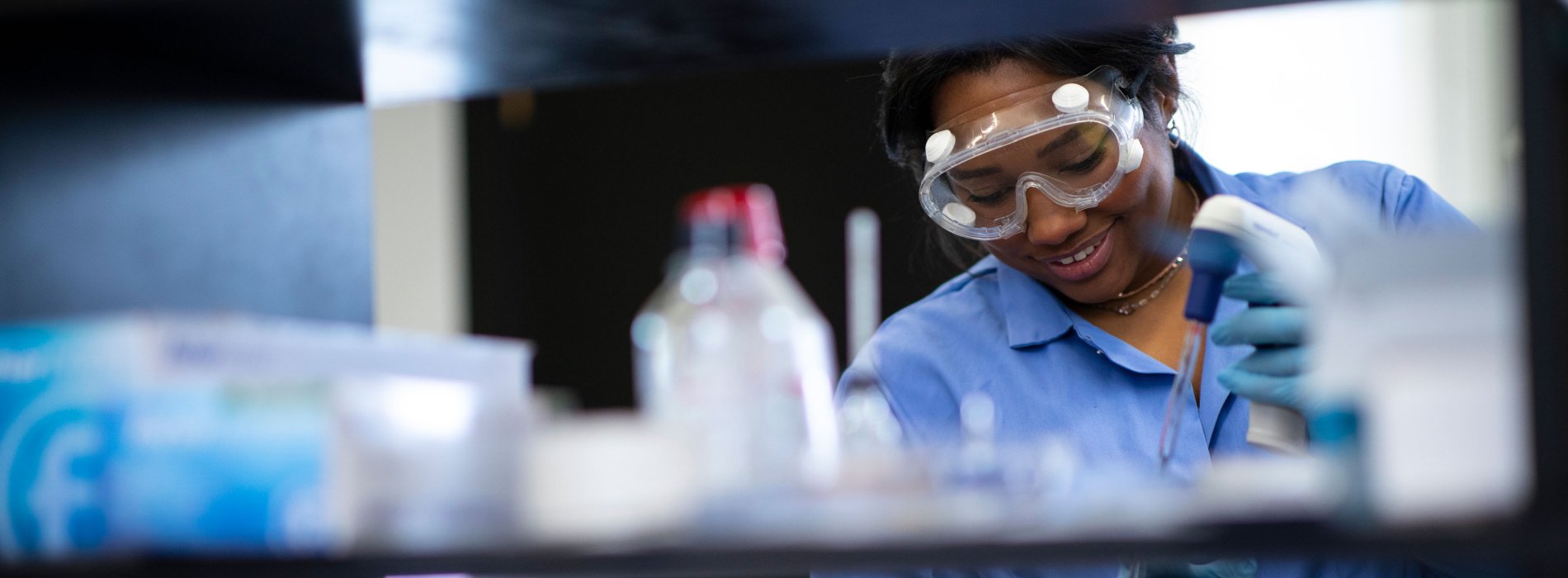
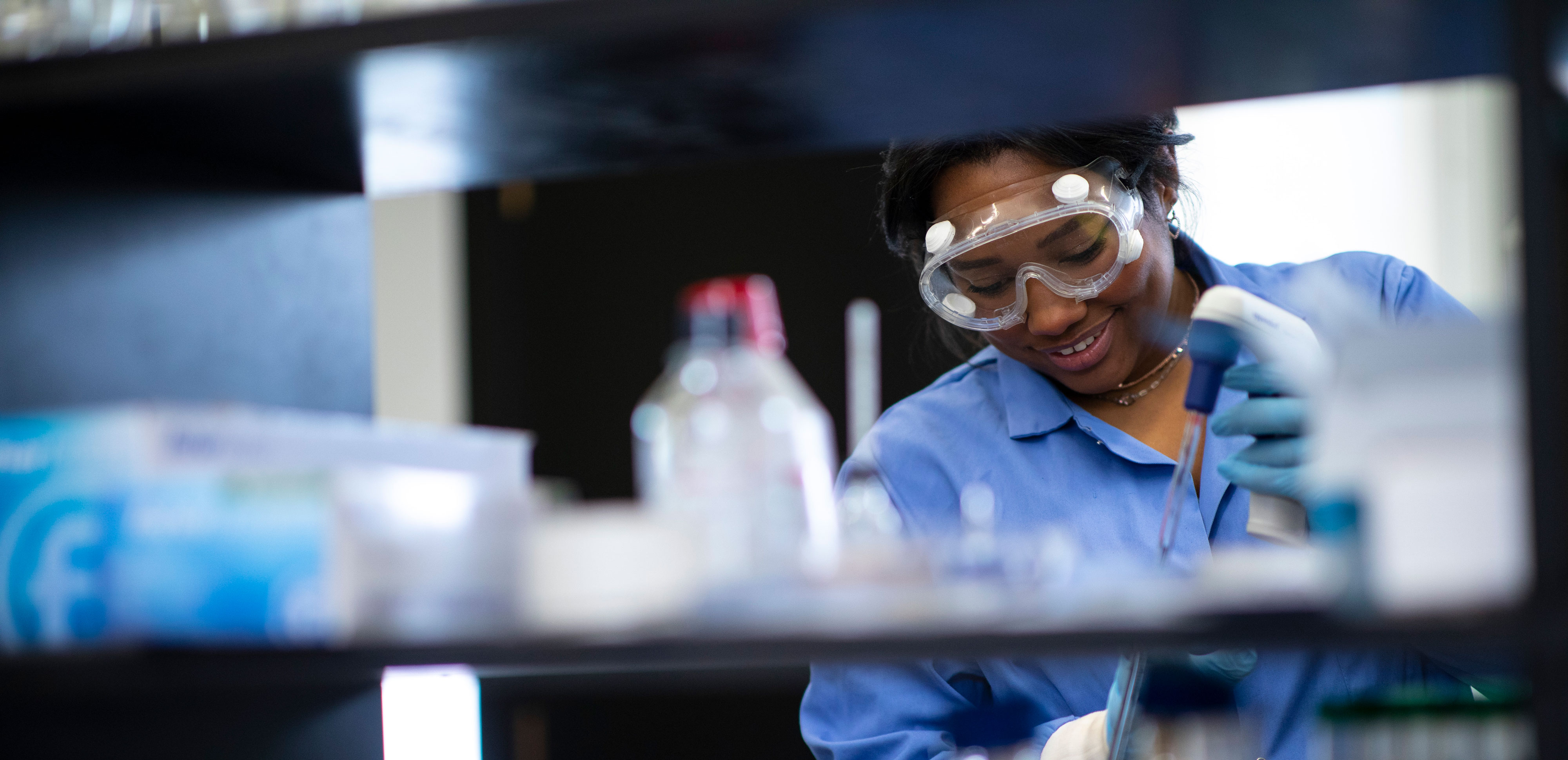
Minerva Center for High-Impact Practices
-
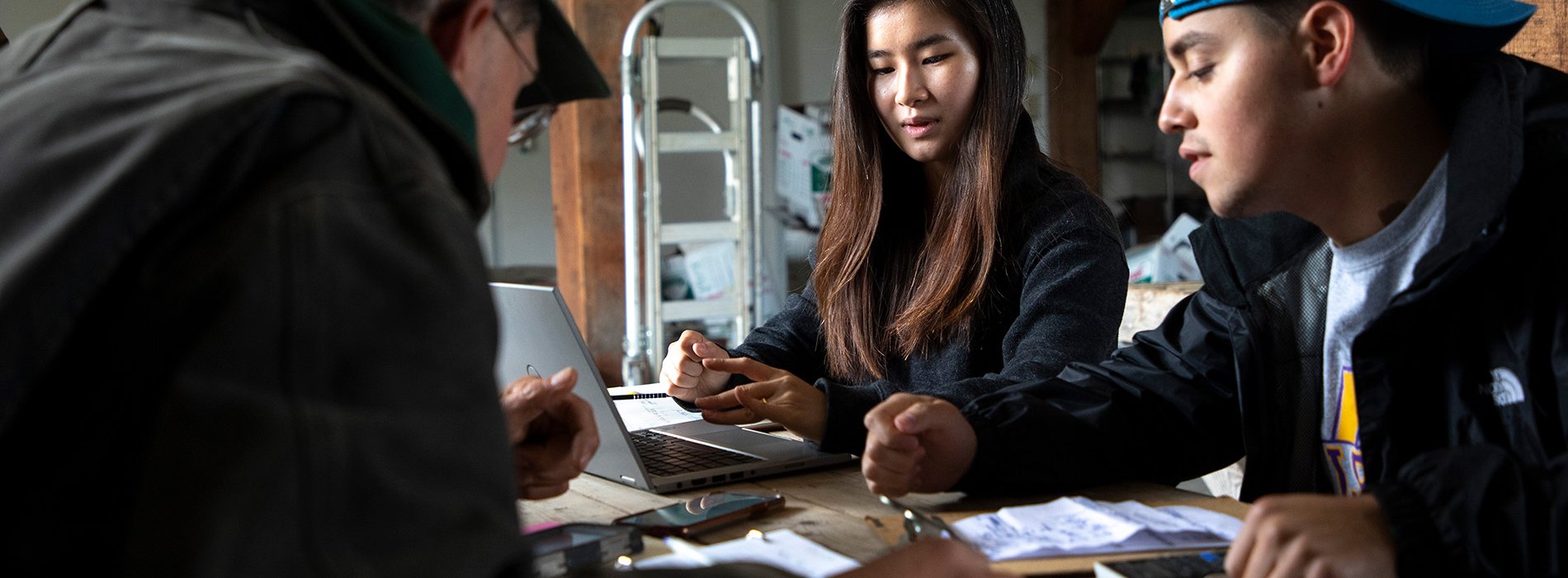
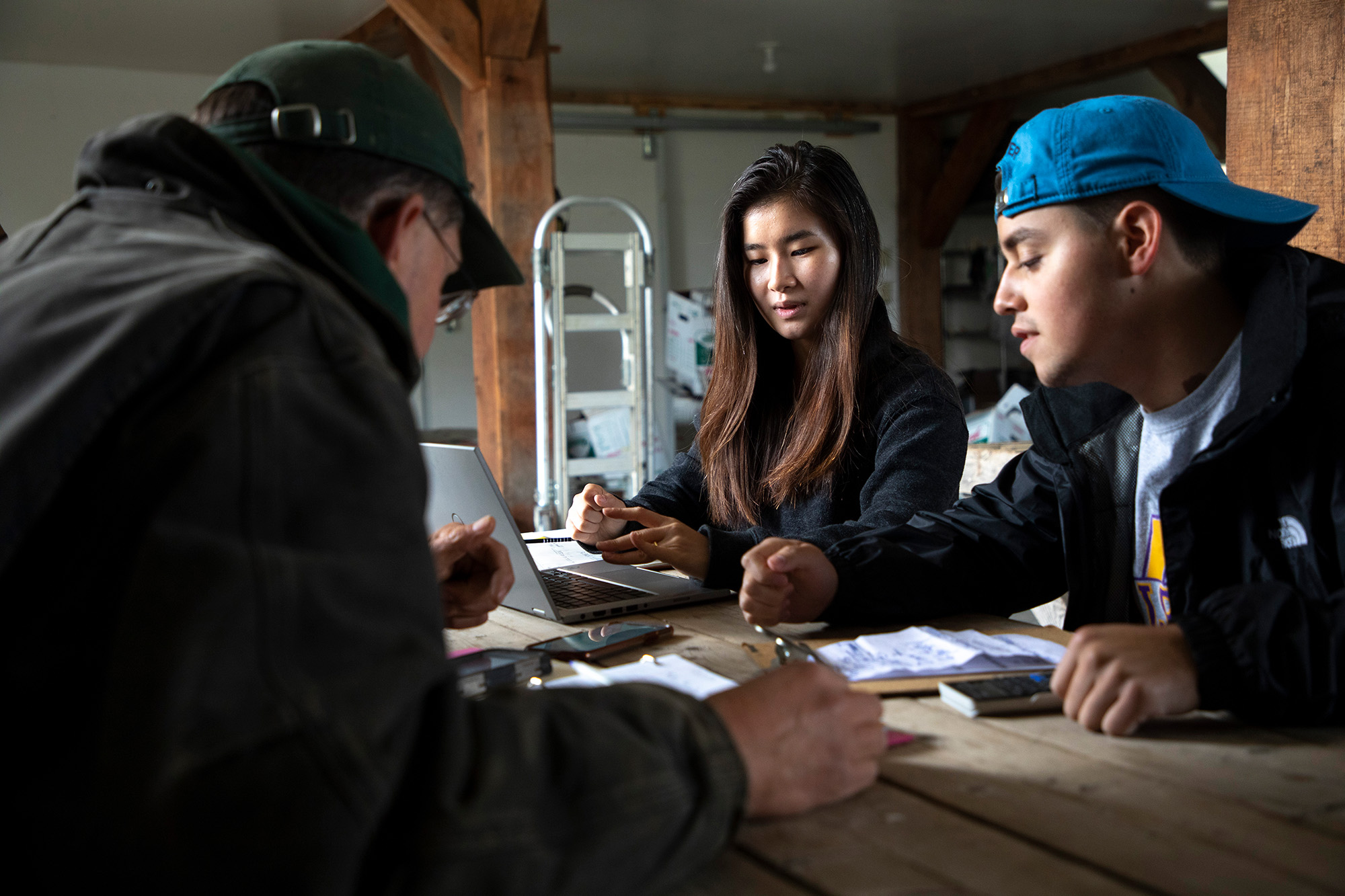
Minerva Center for High-Impact Practices
-
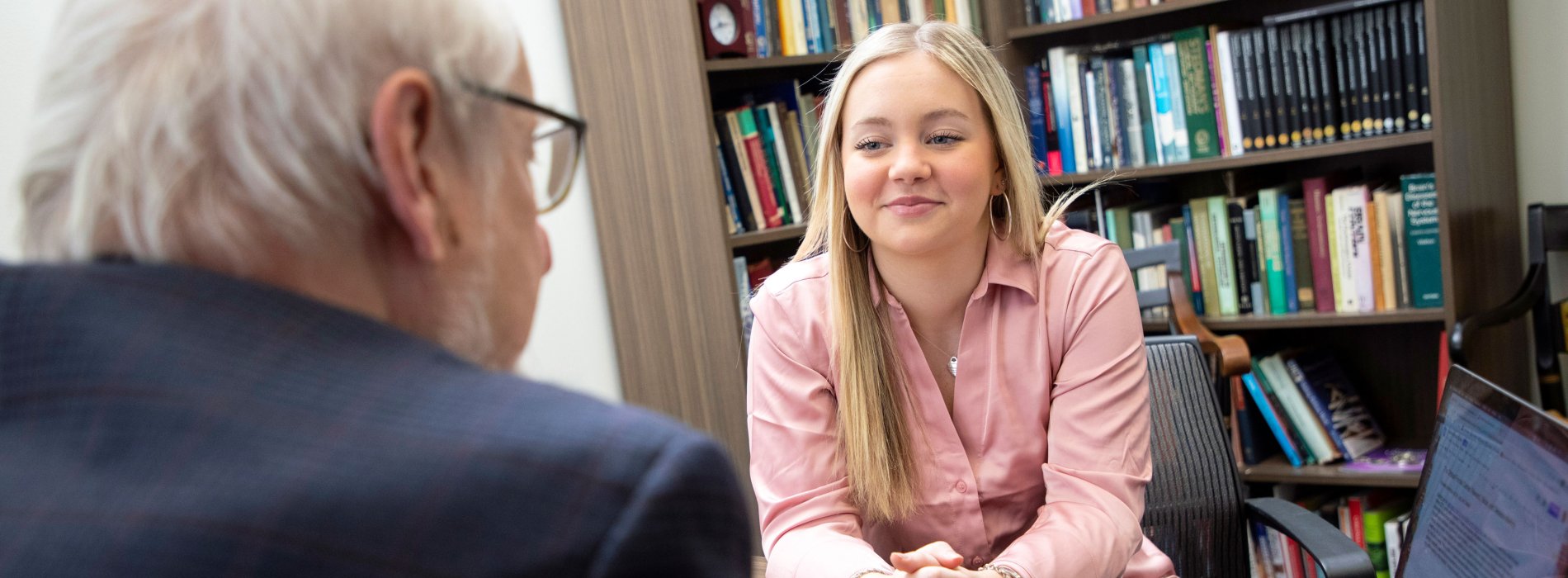
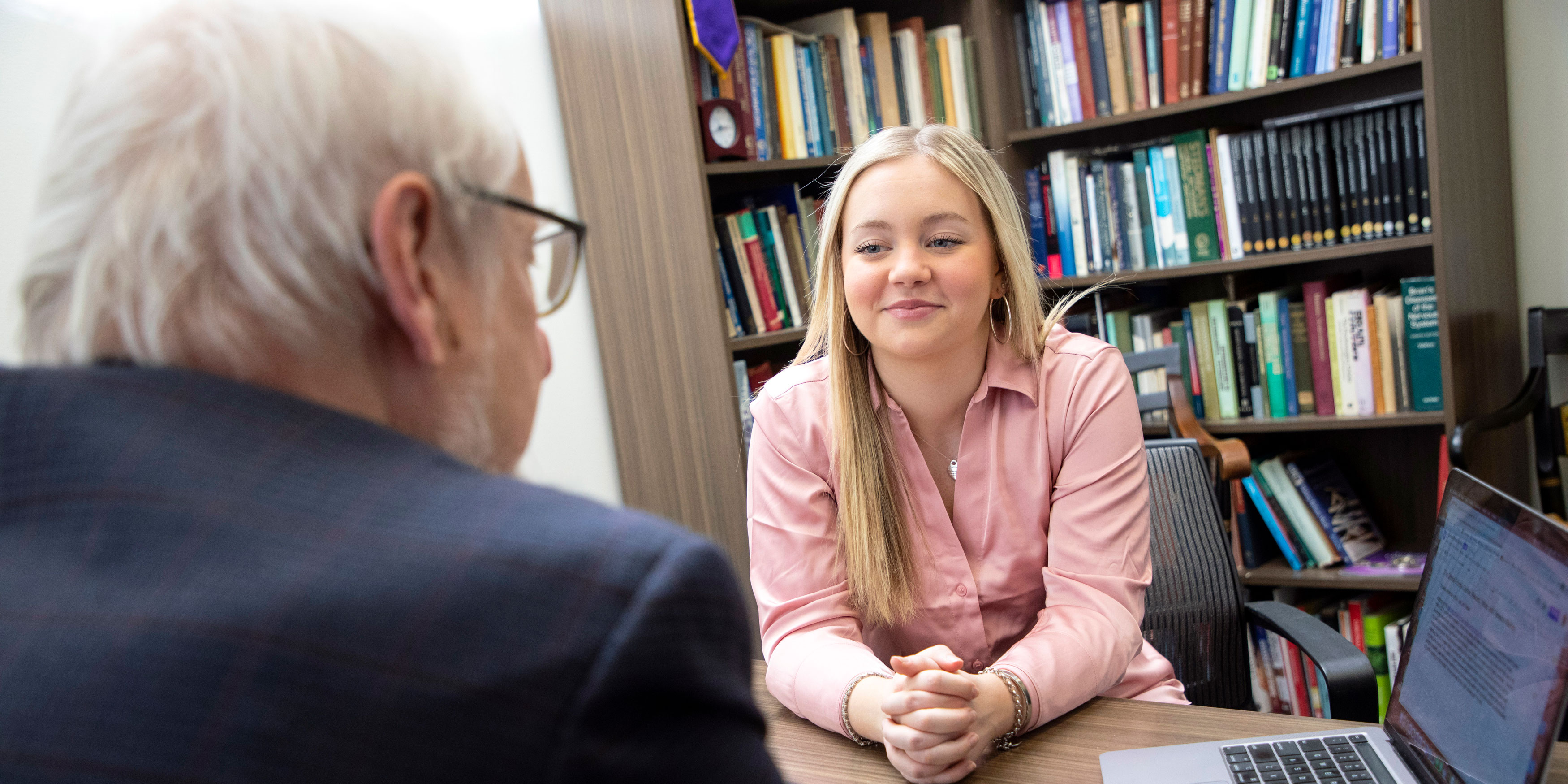
Minerva Center for High-Impact Practices
UAlbany students learn by doing
At the University at Albany, learning by doing takes many forms — from undergraduate research and internships in the field, to project-based learning and service learning in the classroom.
The Minerva Center for High-Impact Practices supports high-impact practices in all UAlbany undergraduate programs, acting as a resource for both students and faculty.
Experiential learning prepares our students for success at UAlbany and beyond. Students who participate in these types of experiences generally:
- earn higher grades and develop a greater understanding of their course material
- learn problem solving and leadership skills
- form a deeper connection with their community
- build strong personal and professional networks
All undergraduate students — regardless of major, class year or area of interest — have opportunities to participate in high-impact practices. Visit the UAlbany Showcase website to learn about the research, experiential learning and creative activities our students engaged in this past academic year.
Please use this website to learn more about the Minerva Center’s programs and the opportunities we steward across UAlbany’s three campuses.


